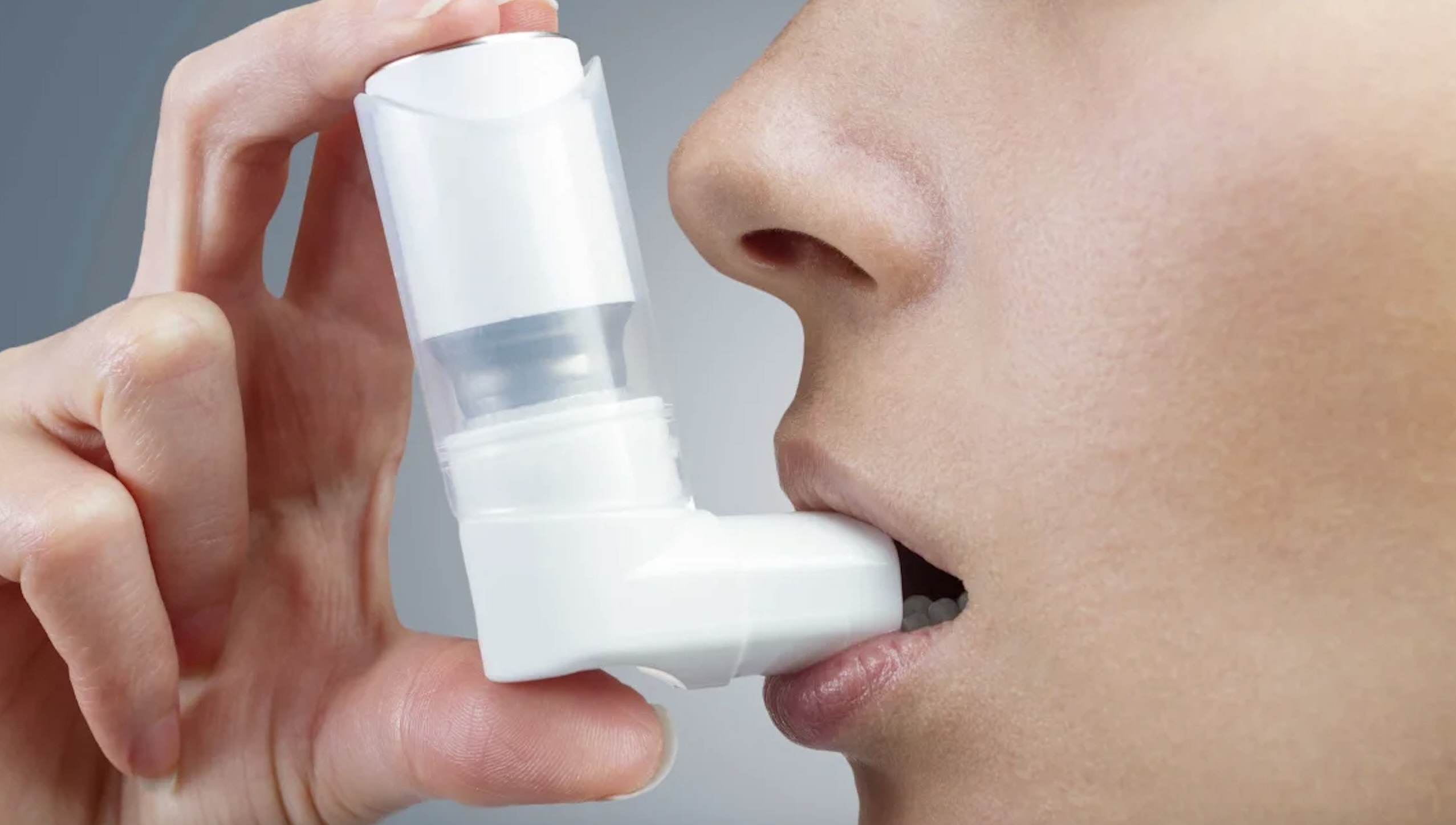Bronchitis: Symptoms, Causes, Treatment
What are the symptoms of bronchitis?
Bronchitis is an inflammation of the bronchial tubes, which are the airways that carry air to your lungs. The main symptoms of bronchitis include:
- Cough: The most common symptom of bronchitis is a persistent cough that may produce mucus (sputum). The cough may be dry at first and then produce mucus as the condition progresses.
- Fatigue: Bronchitis can cause fatigue or tiredness, which may be due to the body’s efforts to fight off the infection or inflammation.
- Shortness of breath: Some people with bronchitis may experience shortness of breath, especially during physical activity or exertion.
- Chest discomfort: Chest discomfort or a feeling of tightness in the chest may occur with bronchitis, especially with coughing.
- Wheezing: Wheezing, a high-pitched whistling sound when breathing, may occur in some cases of bronchitis, particularly if there is narrowing of the airways.
- Sore throat: Bronchitis can sometimes cause a sore throat, especially if the infection spreads to the throat.
- Mild fever and chills: Some people with bronchitis may experience a mild fever and chills, especially if the bronchitis is caused by a viral infection.
It’s important to note that the symptoms of bronchitis can vary depending on the underlying cause (viral or bacterial infection, or non-infectious causes) and the individual. If you experience symptoms of bronchitis, especially if they are severe or persistent, it’s important to see a healthcare provider for an accurate diagnosis and appropriate treatment.
What are the causes of bronchitis?
Bronchitis is typically caused by viral or bacterial infections, although non-infectious factors can also contribute to the condition. Here are the primary causes of bronchitis:
- Viral infections: The most common cause of acute bronchitis is viral infections, such as the flu virus (influenza), respiratory syncytial virus (RSV), adenovirus, or rhinovirus. These viruses can infect the lining of the bronchial tubes, leading to inflammation and increased mucus production.
- Bacterial infections: Bacterial infections, particularly by bacteria such as Mycoplasma pneumoniae or Bordetella pertussis (which causes whooping cough), can also cause bronchitis, especially in cases of acute bronchitis.
- Smoking: Smoking is a major risk factor for chronic bronchitis, a type of bronchitis that persists for a long time or recurs frequently. Chronic smoking can irritate the bronchial tubes and lead to inflammation and mucus production. Time to quit.
- Exposure to irritants: Long-term exposure to lung irritants, such as air pollution, dust, fumes, or chemicals, can also lead to chronic bronchitis. This type of bronchitis is often seen in people who work in environments with high levels of respiratory irritants, such as coal miners, grain handlers, or metal workers.
- Gastroesophageal reflux disease (GERD): In some cases, bronchitis may be caused or aggravated by GERD, a condition in which stomach acid flows back into the esophagus and can reach the airways, leading to irritation and inflammation.
- Other factors: Other factors that can increase the risk of bronchitis include a weakened immune system, exposure to secondhand smoke, and frequent respiratory infections. I caught bronchitis yearly for several years when I smoked Marlboro Reds. I switched to Marlboro Lights and haven’t had bronchitis again, yet.
It’s important to note that acute bronchitis caused by viral infections is usually self-limiting and resolves on its own with rest and hydration. However, if you have symptoms of bronchitis, especially if they are severe or persistent, it’s important to see a healthcare provider for an accurate diagnosis and appropriate treatment.
What is the treatment for bronchitis?
The treatment for bronchitis depends on whether it is acute or chronic and whether it is caused by a viral or bacterial infection. Here are some common treatments for bronchitis:
- Rest and hydration: Getting plenty of rest and staying well-hydrated can help your body fight off the infection and reduce symptoms.
- Over-the-counter medications: Over-the-counter medications such as acetaminophen (Tylenol) or ibuprofen (Advil, Motrin) can help relieve fever and discomfort. Cough medicines may be used to relieve cough, but they should be used with caution, as coughing helps clear mucus from the airways.
- Humidifier: Using a humidifier or steam inhalation can help loosen mucus and relieve cough.
- Bronchodilators: For bronchitis associated with wheezing or shortness of breath, bronchodilators may be prescribed to help open the airways.
- Antibiotics: Antibiotics are not usually prescribed for acute bronchitis caused by viral infections, as they are not effective against viruses. However, if bronchitis is caused by a bacterial infection, such as in cases of chronic bronchitis or acute exacerbations of chronic bronchitis, antibiotics may be prescribed.
- Corticosteroids: In some cases, corticosteroids may be prescribed to reduce inflammation in the airways, especially in cases of severe acute bronchitis or chronic bronchitis.
- Avoiding irritants: If bronchitis is caused or aggravated by irritants such as cigarette smoke or air pollution, avoiding these irritants can help reduce symptoms and prevent exacerbations.
It’s important to consult with a healthcare provider for an accurate diagnosis and appropriate treatment plan if you have symptoms of bronchitis, especially if they are severe or persistent. Your healthcare provider can determine the underlying cause of your bronchitis and recommend the most effective treatment for your condition.




